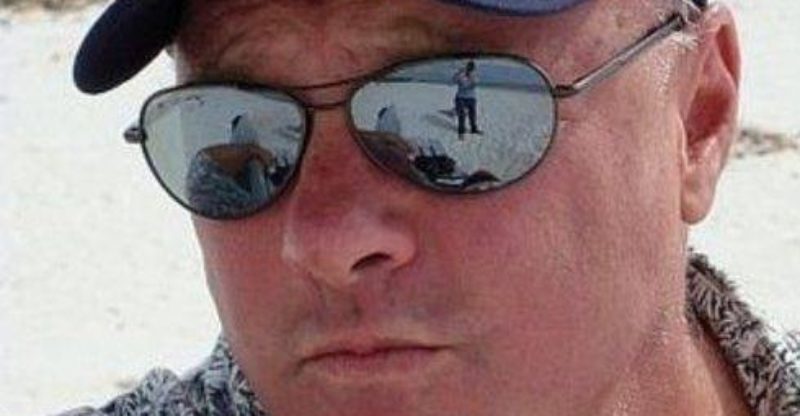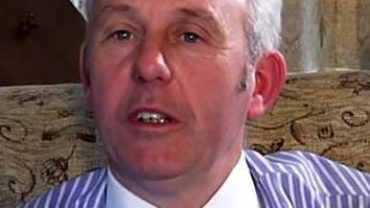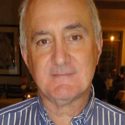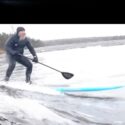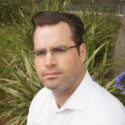The Journey 104. Daniel Hopsicker: Drugs Need To Be Legal
Publisher Kris Millegan speaks with Daniel Hopsicker (author, investigative reporter and filmmaker) about Barry Seal, how drug money controls countries, the 9/11 terrorists, and the passion to confront corruption.
Daniel’s work includes BARRY AND THE BOYS: The CIA, The Mob and America’s Secret History; WELCOME TO TERRORLAND: Mohamed Atta and the 9/11 Cover-Up in Florida; the documentary MOHAMED ATTA & THE VENICE FLYING CIRCUS; and his upcoming book, GANGSTER PLANET (available for pre-order at MadCowProd dotcom).
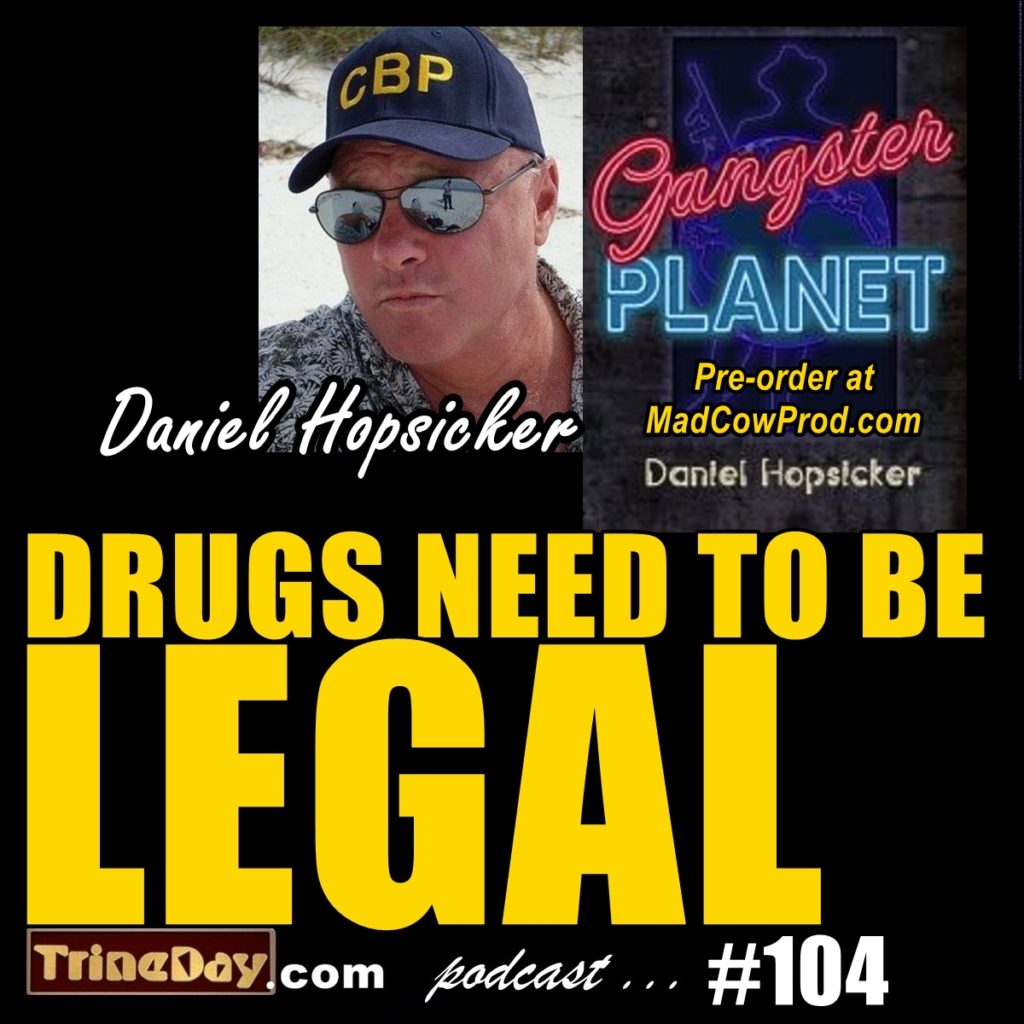
Kris: People deserve to know your story, and your journey. You’re in Venice, [California]. You’ve got a crew of people. You’re making payroll. You’re putting out product that’s being seen internationally on a business show. And you hear about this thing in Arkansas, and you want to do something more.
Daniel: This is one thing I wanted to talk about: motivations. And why people like you and I feel a passion about things that are outside ourselves.
I was doing a business show. It aired internationally at NBC. “Global Business 2000.” While it was interesting, it was not what I really wanted to do. And conspiracy was a hot topic back then. (Not that it still isn’t.)
So I went out to shoot a pilot for what would have been a second show. “The Secret Heartbeat of America” was going to be a fifteen-minute spot on a half-hour show called “Conspiracy.” I got to Arkansas and Louisiana and I got lucky. Because Gary Webb focused on the [West Coast’s drug smuggling]. He had that nailed down. And there were other people [covering] Miami. They were making movies about Miami. But in the middle [of the country], people didn’t know about [the guy I went to investigate] Barry Seal. He was the under-publicized one. When I got there, I realized that this was the main line. This was the real deal.
I spent much of the next year and a half interviewing people that had worked with him. It was a blow-your-mind education.
Barry Seal was the heart of the heart of the country. He had been affiliated with the CIA since he was 16-years-old. He was a hot-shot pilot who got his pilot’s license at the age of fourteen. And he could fly upside down all day long. He was a really, really excellent pilot.
Very soon, he had been recruited by David Ferrie, who was running the Civil Air Patrol unit out of New Orleans while Barry was in the Civil Air Patrol. By 16 or 17 he was flying weapons flights into Cuba, bringing arms to Fidel Castro, who the CIA was supporting. [Barry was] flying and landing on little mountain strips, like on a ridge, in the mountains.
And here’s the point of [my upcoming book] GANGSTER PLANET: the people that were smuggling, trafficking drugs in this country in the early 80s when Barry Seal became famous are the same people that are doing it now. The same organizations. The same organizational groupings. There’s a little bit of up and down in it, I think. But it is not at all like the DEA wants us to believe; like “it’s a to-the-death match between the Sinaloa Cartel and the Medellin and Cali.” It was never like that.
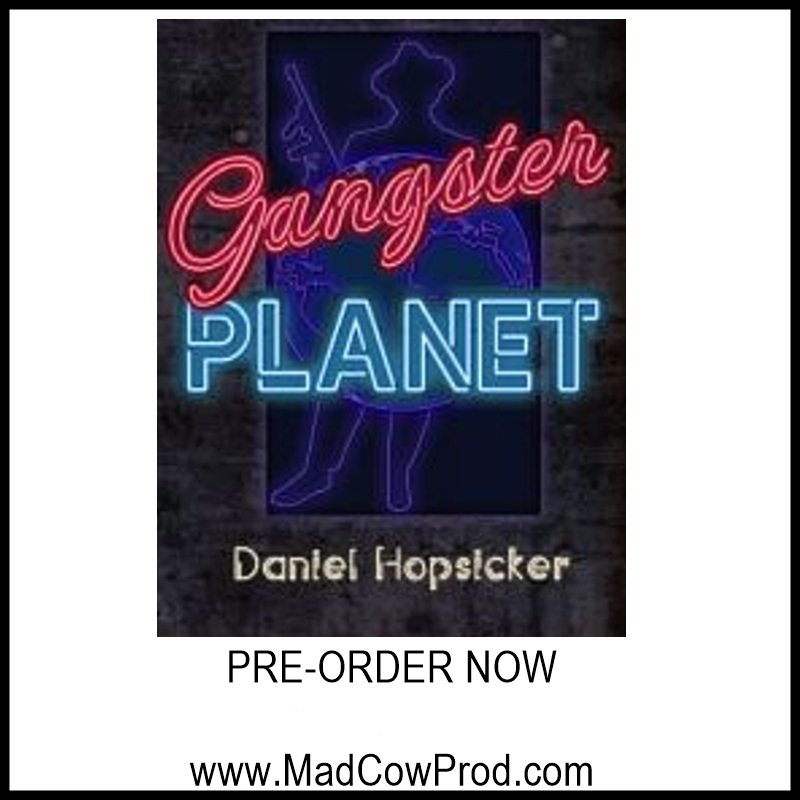
Kris: My daddy told me, “The Vietnam War is about drugs. There are these secret societies behind it.” So I started looking at that. Then you see this grouping of people – intelligence agents, secret society folks, and mobsters. It’s part of how [these] folks run the world, by, quote-unquote, controlling the drug trade.
That’s one reason why I’ve worked very hard here in Oregon to get drugs legal. And instead of having that money going off into the shadows, it’s actually going into the state to help programs and stuff like that.
It shows the political power that these drug cartels have. [They keep marijuana illegal in Texas and Louisiana.]
Daniel: Drugs need to be legal. Because it’s the biggest slush fund in the history of the world. The United Nations, for God’s sake, says that worldwide, people spend more money on drugs than they do on food. And, as you well know, being illegal quadruples the profit. And that’s a huge pile of money. And we don’t have shares in [that], do we?
Kris: No.
Daniel: In every country on this planet in which there is a significant drug market, who controls that market are the same people that control the country. [That problem] should be as big [a priority] as climate change. Because there’s a pool of money that could be building clean energy and better freeways and paying for kids’ education that’s going into billionaires’ pockets.





